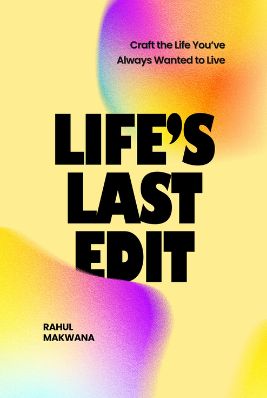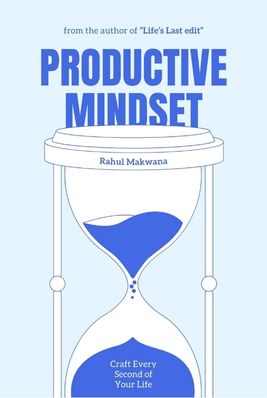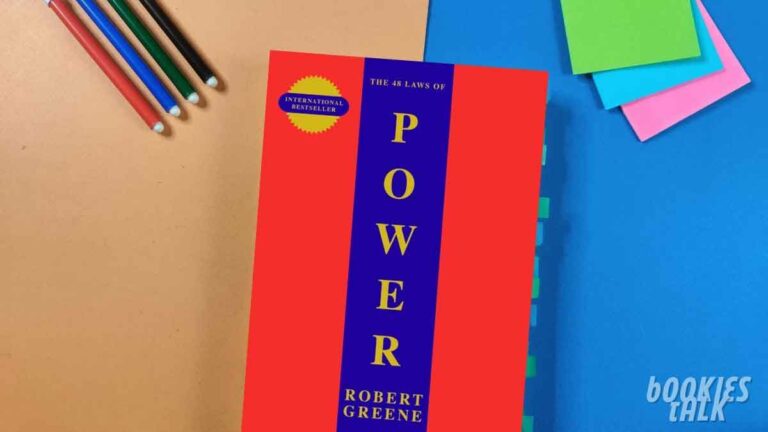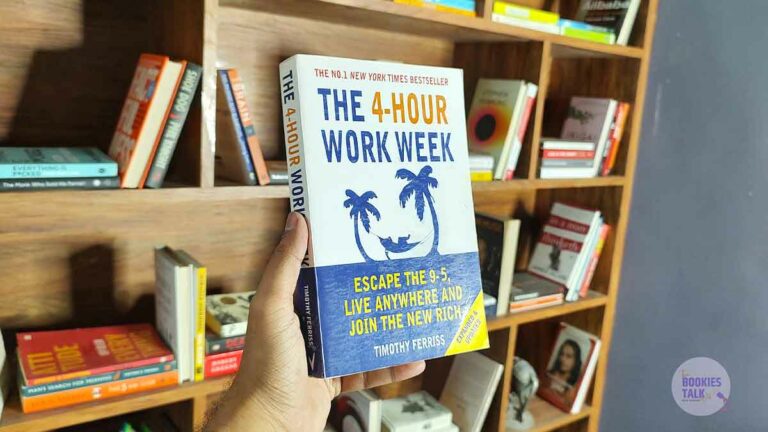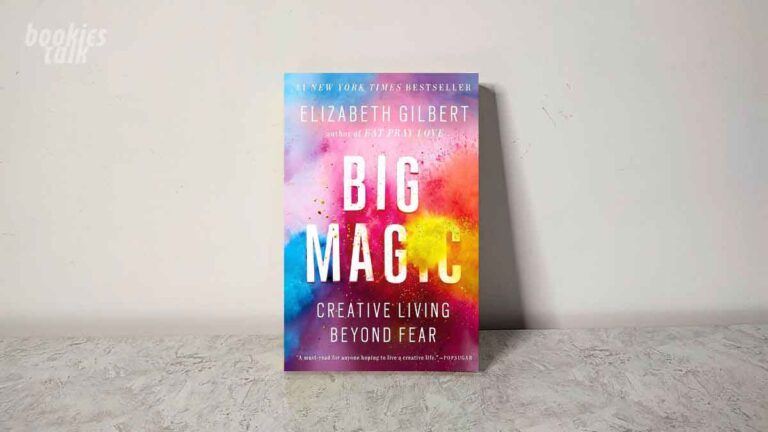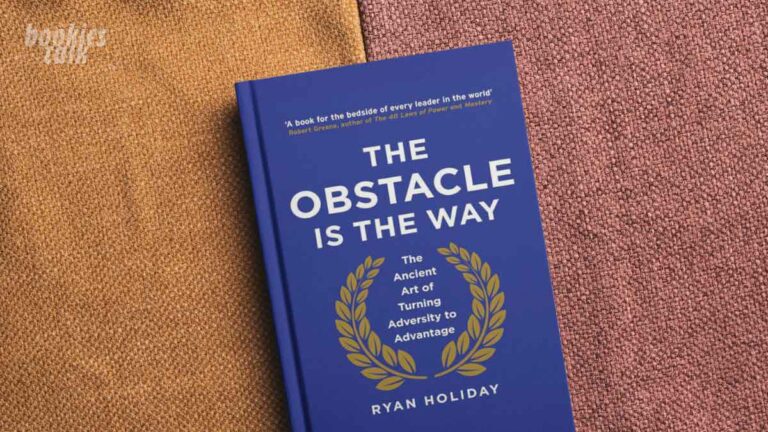Mindset by Carol Dweck
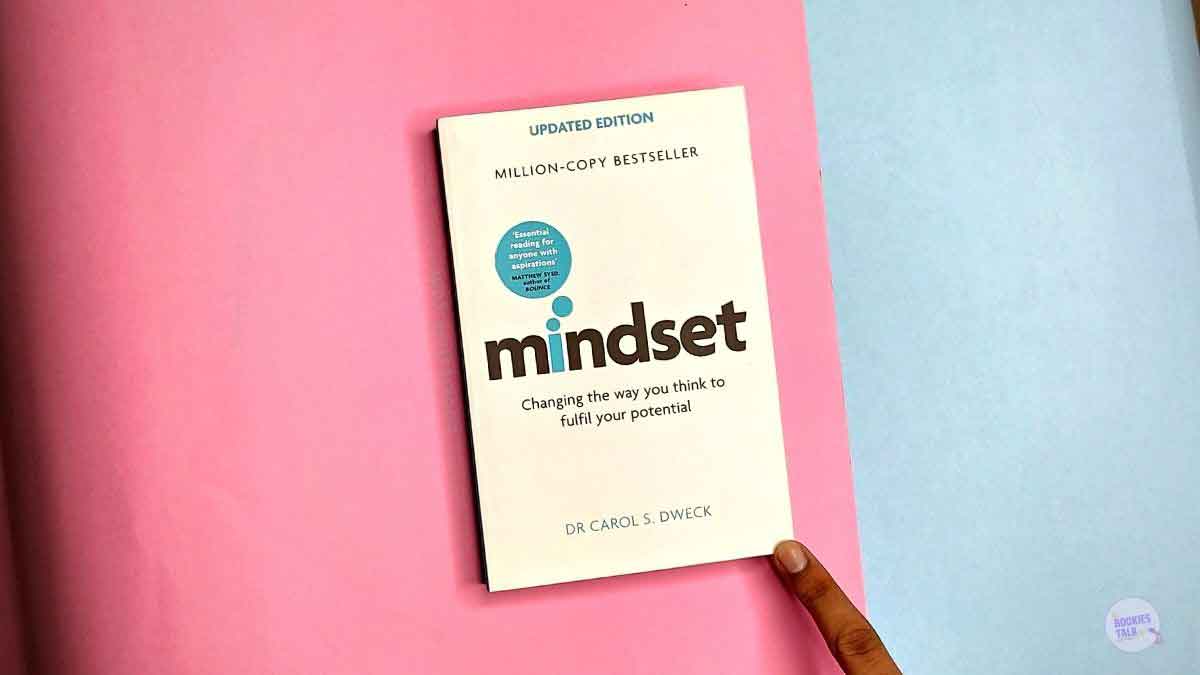
Mindset will open your eyes and help you understand why change is necessary. Whatever you have today—your business, your lifestyle, or even your mindset—won’t stay the same forever. At some point, everything needs an upgrade.
Carol Dweck talks about two types of mindsets: fixed and growth. In simple terms, a growth mindset helps people move forward by embracing new things, while a fixed mindset holds people back because they’re too scared to take risks or try something different.
Enter your email address To join the newsletter. I will be with you every Sunday at 9:00 AM (IST). See you on Sundays.
Mindset Summary
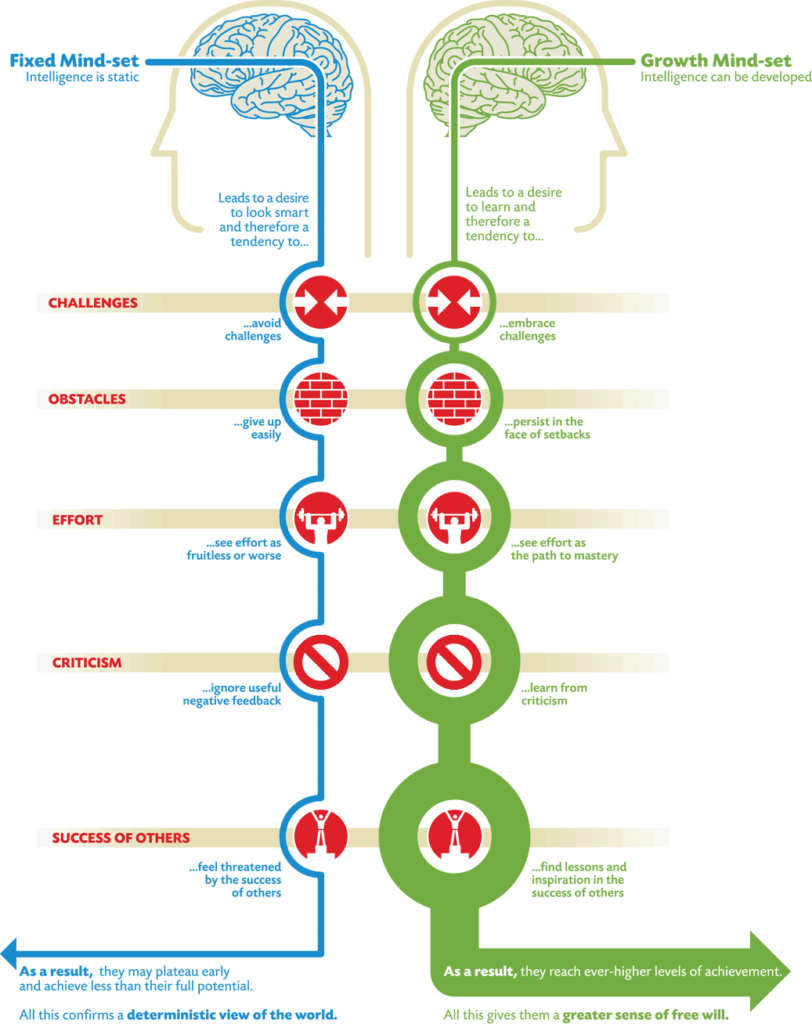
Mindset is something we can change, but it all starts with being aware of ourselves. To do that, we need to question ourselves and the way we approach things. This is exactly what Carol Dweck talks about in her book. She shares ideas and strategies to help you move from a fixed mindset to a growth mindset.
Which mindset do you lean toward? Let’s find out.
Read each of these statements and decide whether you mostly agree or disagree:
- Your abilities are a part of who you are, and you can’t change them all that much.
- You can learn new things, but you can’t really change how good you are at something.
- No matter how skilled you are, you can always get better.
- With time and effort, you can really improve.
Don’t scroll down yet—take a moment to reflect.
Drumroll, please…
Statements 1 and 2 reflect a fixed mindset, while statements 3 and 4 point to a growth mindset.
So, which one resonated with you more? While it’s possible to have a mix of both, most of us lean one way or the other.
An Example
Let’s say you’re learning a new language and have joined a class. A few sessions in, the instructor calls you upfront to answer rapid-fire questions.
In a fixed mindset, you’d feel your ability is being judged. You’d feel everyone’s eyes on you, the instructor evaluating you, and your ego might start to panic. The tension builds, and all you can think about is avoiding embarrassment.
Now, shift to a growth mindset. You remind yourself that you’re a beginner—that’s why you’re in the class. The instructor isn’t there to judge you but to help you improve. You’re here to learn. With this perspective, the tension eases, and your mind opens up to the experience.
Brain Waves Study
People with a fixed mindset only cared about feedback that reflected their abilities. Their brain waves showed they focused when they were told if their answers were right or wrong.
But when they were given information to help them learn, they showed no interest. Even if they got an answer wrong, they didn’t want to know the right answer.
On the other hand, only those with a growth mindset paid attention to information that could expand their knowledge. For them, learning was the priority.
Discipline
Many parents believe that by judging and punishing, they are teaching their children a lesson, as in “I’ll teach you a lesson you’ll never forget.”
But what are they really teaching?
They’re teaching their children that if they go against their rules or values, they will be judged and punished.
Here’s an example from the book:
Sixteen-year-old Alyssa approached her mother with a request: she and her friends wanted to try alcohol. Could they host a “cocktail party” at their house? At first glance, this might seem outrageous.
But here’s what Alyssa was really saying:
She and her friends had attended parties where alcohol was available, but they didn’t feel safe or in control in those settings. They didn’t want to drink without a plan for getting home safely. They wanted to try it in a controlled environment, with their parents’ permission, where they could have a safe ride home afterward.
It didn’t matter whether Alyssa’s parents said yes or no. What mattered was the open, thoughtful discussion they had about the situation. It was far more instructive than the angry, judgmental dismissal that might have followed.
Growth-minded parents don’t indulge or coddle their children—they set high standards and teach their children how to meet them. They say no when necessary, but it’s a fair, thoughtful, and respectful no.
Next time you’re in a position to discipline, ask yourself: What message am I sending? Am I saying, “I will judge and punish you”? Or am I saying, “I will help you think and learn”?
Change
Change can be tough, but I’ve never heard anyone say it wasn’t worth it. Maybe people just say that to justify the hard times, like those who go through a tough experience and later say it was worth it.
But people who’ve changed can tell you how much their lives have improved. They can share the things they have now and the way they feel that they didn’t before.
Did switching to a growth mindset fix all my problems? No.
But I can say it gave me a better life. I feel more alive, brave, and open because of it. Whether change is right for you right now, that’s your call.
Maybe it is, maybe it isn’t. But keep the growth mindset in your mind. When you face challenges, you can turn to it.
Mindset Book Review
For someone who has never read self-help books, this is the perfect book as the author talks about how you can shift your mindset.
I won’t lie, before reading the Mindset book, I had read tons of self-help books and that was the main reason, I didn’t find this book very helpful.
I already knew, what Carol Dweck was talking about, there was some point that made me realize something but other than that, I feel, this book didn’t add value to my life. Now, if I had read this book back in 2010 or even 2015 then it could have added great value.
Talking about yourself, if you haven’t read books like, Atomic Habits, The Subtle Art Of Not Giving A F*ck, The Courage to be Disliked, and even Ego Is the Enemy then Mindset by Carol Dweck won’t make a huge impact on your life.
Buy Make Epic Money:
Mindset Quotes
“Becoming is better than being”
“Picture your brain forming new connections as you meet the challenge and learn. Keep on going.”
“I don’t mind losing as long as I see improvement or I feel I’ve done as well as I possibly could.”
“True self-confidence is “the courage to be open—to welcome change and new ideas regardless of their source.” Real self-confidence is not reflected in a title, an expensive suit, a fancy car, or a series of acquisitions. It is reflected in your mindset: your readiness to grow.”
“Why waste time proving over and over how great you are, when you could be getting better?”
“Praise should deal, not with the child’s personality attributes, but with his efforts and achievements.”
“Even in the growth mindset, failure can be a painful experience. But it doesn’t define you. It’s a problem to be faced, dealt with, and learned from.”
“Another way people with the fixed mindset try to repair their self-esteem after a failure is by assigning blame or making excuses.”
“The growth mindset allows people to value what they’re doing regardless of the outcome.”
“In the fixed mindset, setbacks label you.”
“There was a saying in the 1960s that went: “Becoming is better than being.” The fixed mindset does not allow people the luxury of becoming. They have to already be.”
Love What You Read, You Might Like These too…
By the way, we also have a WhatsApp Channel! If you love reading, this is the perfect place for you to join—and the best part? It’s completely FREE!

